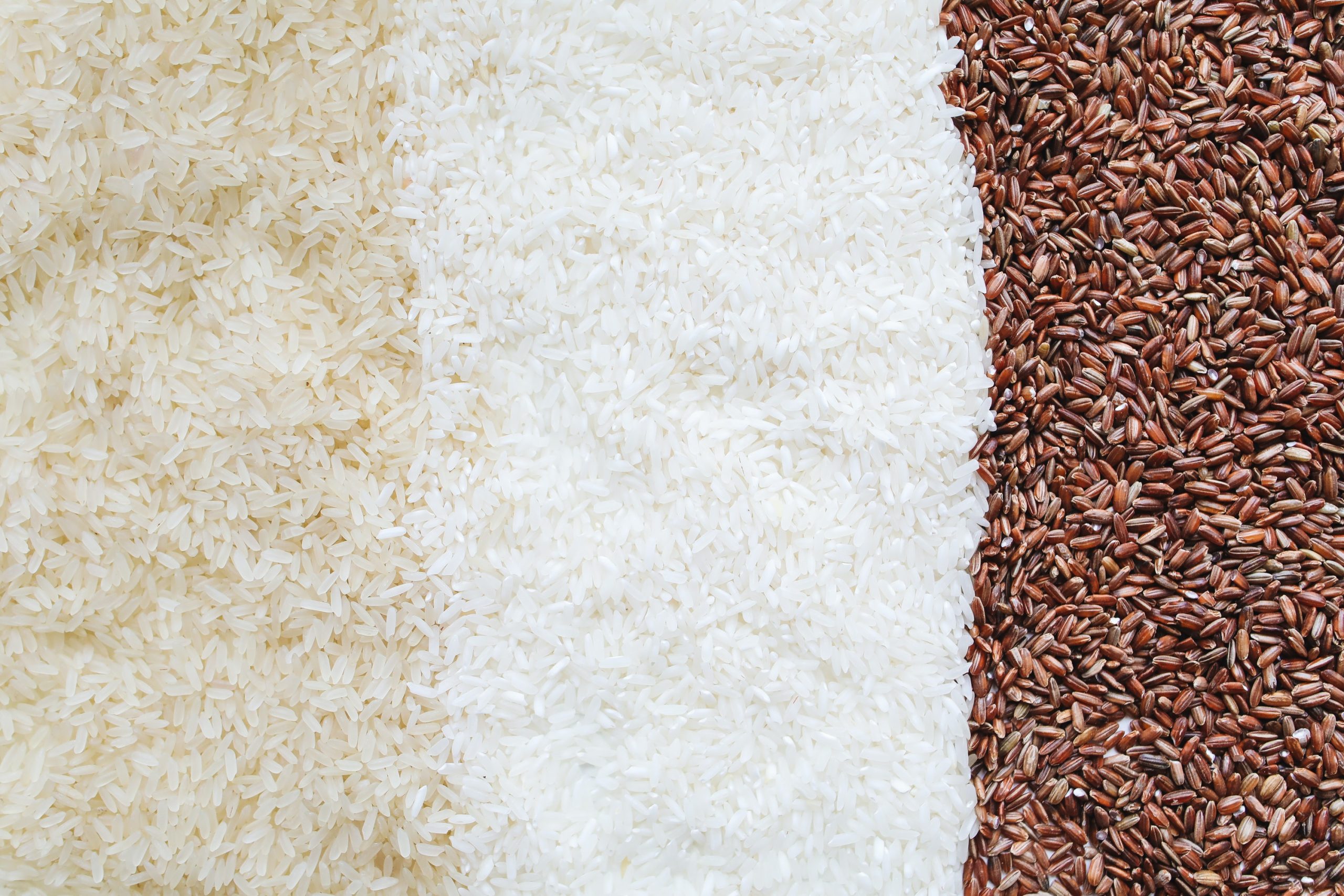News
DA: Imported rice to arrive in PH until February 2024

Navarro said 20,000 bags, which are equivalent to 1,000 metric tons of rice, were delivered before Christmas Day and was the first batch of the 40,000 bags of rice donated by Taiwan. (Pexels Photo)
MANILA – Around 76,000 metric tons of rice from Taiwan and India are scheduled to arrive in the Philippines this month and early January, an agriculture official said Wednesday.
In a news release, Department of Agriculture (DA) Undersecretary and officer-in-charge for operations Roger Navarro said nearly half a million metric tons of rice imported by the private sector are due to arrive between December and early February in compliance with the agreement between Agriculture Secretary Francisco Tiu Laurel Jr. and holders of rice import permits.
“We received reports that around 100,000 tons of imported rice has already arrived in the country. This is part of the 495,000 metric tons committed by import permit holders to Secretary Tiu Laurel,” he said.
Navarro said 20,000 bags, which are equivalent to 1,000 metric tons of rice, were delivered before Christmas Day and was the first batch of the 40,000 bags of rice donated by Taiwan.
About 75,000 metric tons of rice will arrive from India within the last week of December and early January.
India banned the export of non-basmati white rice last July to stabilize domestic supply and prices.
However, India approved the export of over 1 million metric tons to seven countries in October.
The Philippines is getting over 28 percent of the export allocation.
“The 75,000 metric tons due in the coming weeks is part of the 295,000 metric tons of rice India has allocated to the Philippines,” Navarro said.
With the arrival of imported rice and the volume harvested by farmers in recent months, he underscored that the country will have sufficient supply of the national food staple until the next harvest which starts in March.
The grain importation by the private sector is part of the broader effort to boost inventory of the national food staple in preparation for the adverse effects of the El Nino weather phenomenon.
National rice consumption is around 36,000 metric tons per day, or around 1.08 million tons per month.
Economic managers, particularly the Bangko Sentral ng Pilipinas, are closely watching the rice supply situation due to its impact on inflation.
Navarro said the BSP has aggressively raised interest rates since last year to tame inflation, which affects the purchasing power of consumers and undermines economic growth.





















